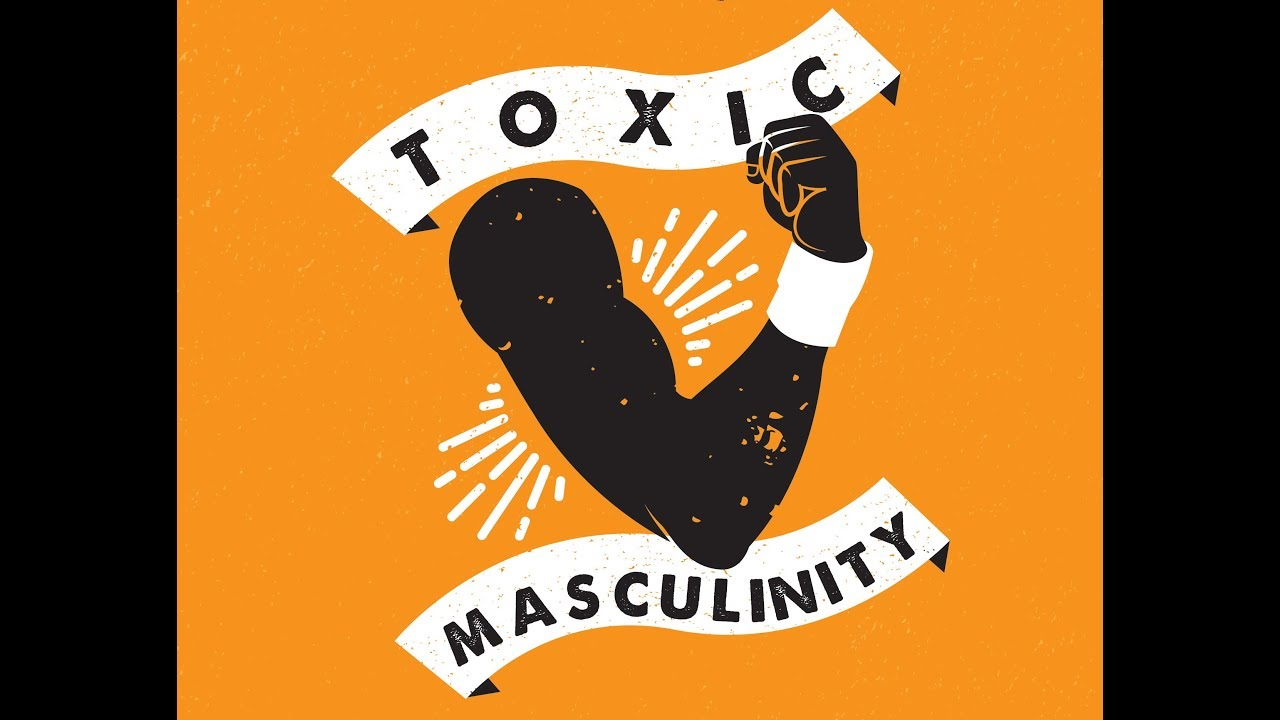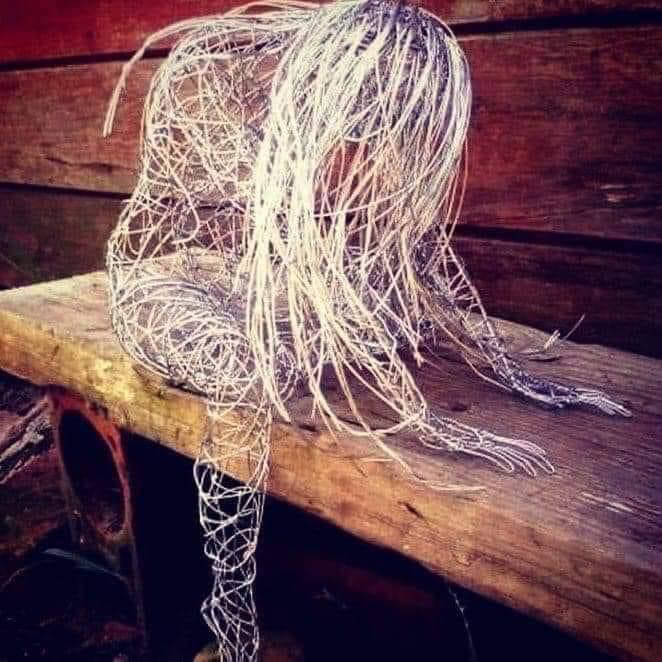Black Male Toxicity -Sources, Causes and Remedies -Workshop
Rodney Coates
Malcolm X, in 1962, asked:
Who taught you to hate the texture of your hair? Who taught
you to hate the color of your skin? To such an extent, you bleach to get like
the white man. Who taught you to hate the shape of your nose and the shape of
your lips? Who taught you to hate yourself from the top of your head to the
soles of your feet? Who taught you to hate your own kind? Who taught you to
hate the race that you belong to so much so that you don't want to be around
each other? No... …you should ask yourself who taught you to hate being what
God made you.
Multiple crises are colliding to distort, destroy, and deny the future of Black males. Today, over half, 53% of
all firearm homicide victims are Black Males. That is
20 times higher than white male homicide. Among males, Black offenders
accounted for 89%
of all Black homicides. Among
those ages 1-19, this accounts for 35.3% of total deaths, followed by those ages
20-44, who were 27.6 percent of total
deaths.
From 1960
to 2018, the suicide rate for Blacks
was almost 60% lower than that of Whites (with Black males averaging 11.8 and Black females at 2.7, compared to 25.6 % for White males and 7.0% for White Females). The death of Stephen'
tWitch' boss in December 2022 shocked the country and the Black community, as it also highlighted the drastically
increasing suicide rates among Black males. In 2021, while
the suicide rates declined among White Americans, it increased by 19.2% among
Blacks. Black
males had the highest increase in suicide attempts (162.4%) than any comparable
group between 1991-2019. And in
2018, the death rate from suicide was four times higher among Black men than
Black Women.
Drug overdoses have been increasing significantly over the
past few years. In 2020, across the nation, close
to 92,000 U.S. residents died from overdoses. The largest increase in these deaths has
been among Black men. From
2015 -2020, the overdose death rate for Black men more than tripled.
Black men are less likely than other groups to obtain any college degree. For example, only
28% of Black men between the ages of
25-29 had a bachelor's degree or
higher compared to Black women (30%), White men (over 40 %), and nearly half of
white women. Intergenerational
poverty is twice as likely to impact Black men (38%) than Black women (20%). Over the past 20 years, Black
men, in their prime working years, 25-54, have had the highest unemployment
rate than any other group. Racial
disparities in disciplinary suspensions demonstrate that black students were
nearly five times more likely to be suspended than their white counterparts. In 2017,
Black male students were expelled at a significantly higher rate (17.6%) than
any other group. Blacks were also five times more likely to be racially profiled
by police than whites (44% vs. 9%). Not surprisingly, Black
men are far more likely (59%) to say they have been unfairly stopped than
Black females (31%). This
leads to Black men being overrepresented within the U.S. prison population by a
factor of five (32% v. 6%).
These and other factors demonstrate systemic racism tied to Black men. These factors produce cultural and generational trauma and stigma. They are all associated with the rapidly increasing mental health issues plaguing Black males. Black men reported increased depression, anxiety, frustration, and depression. The problem is that many Black men under these pressures are programmed/socialized to dismiss or deny that anything is wrong. Some fear being labeled a wimp or less than a man; they do not want to be seen as weak, so they tough it out and just deal with it. The perception, as pointed out in the 2003 book by Bell Hooks, is that we are really cool, black men and totally masculine (see We Real Cool: Black Men and Masculinity). Even while they are crumbling under the impact of dealing with a white supremacist capitalist patriarchal society. But rather than having it all together, many are agonizing, hurting, and striking out in anger, aggression, and even violence. These emotions are more aptly called "Toxic Masculinity," and we, as Black men, must stop running away from the problem and ourselves. It is neither evidence of being strong nor resilient, and it is not hypermasculinity. It is self-destructive and produces collateral damage within the home, community, and other among other black males. In this workshop, I will discuss how Black men can become more supportive by consciously building relationships, holding each other accountable, understanding and clarifying what motivates and frustrates us, and being willing to share our stuff. Let us begin.




Comments
Post a Comment